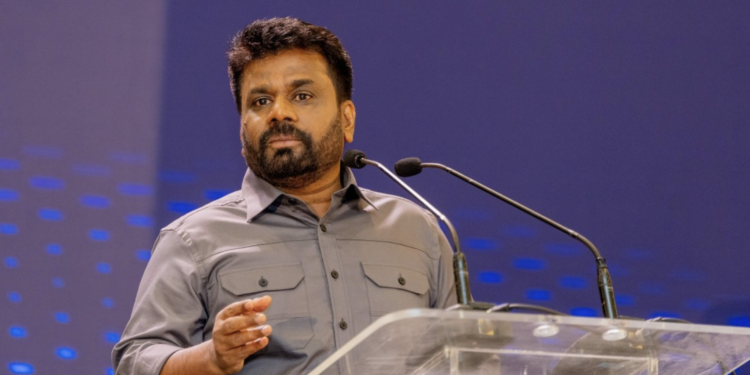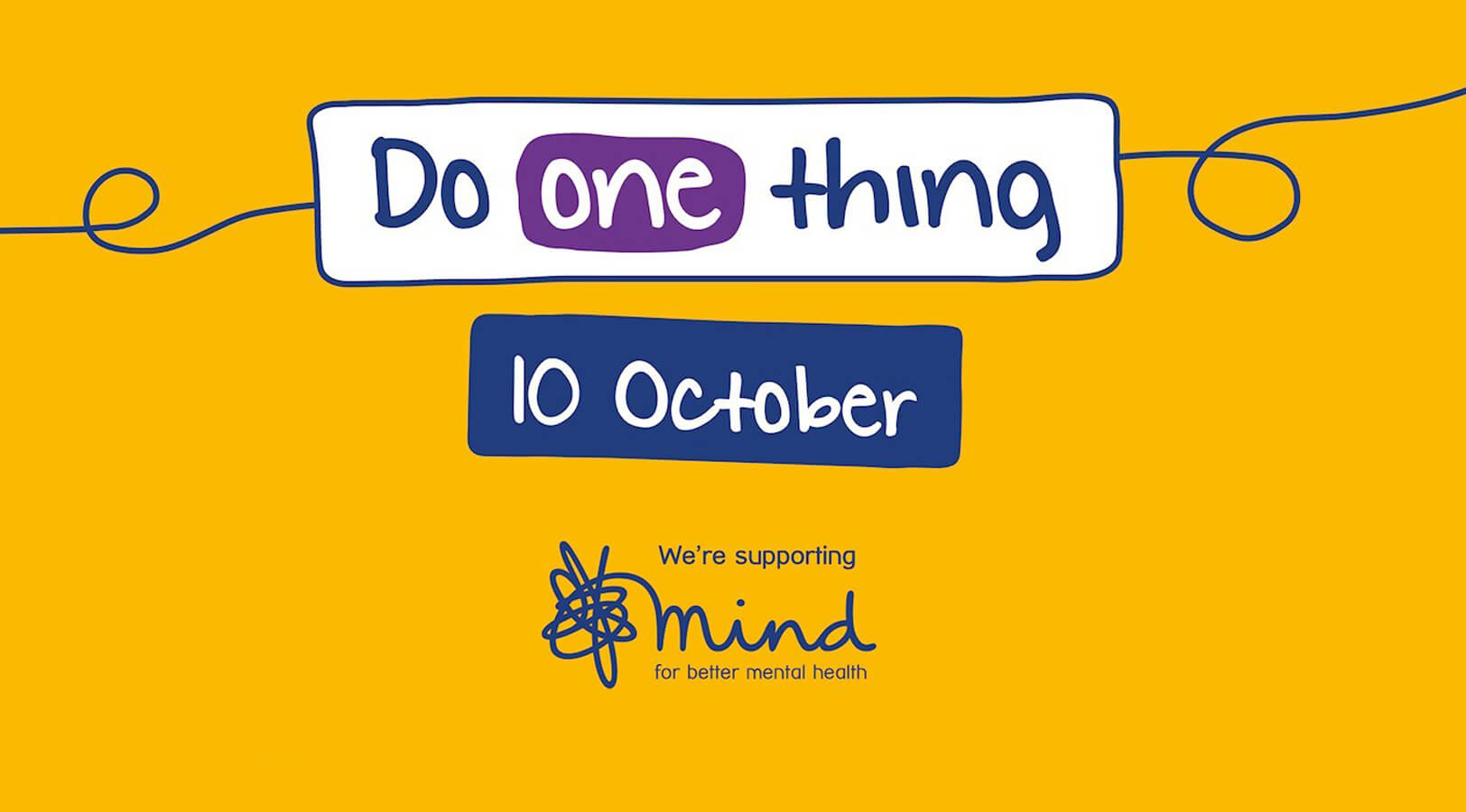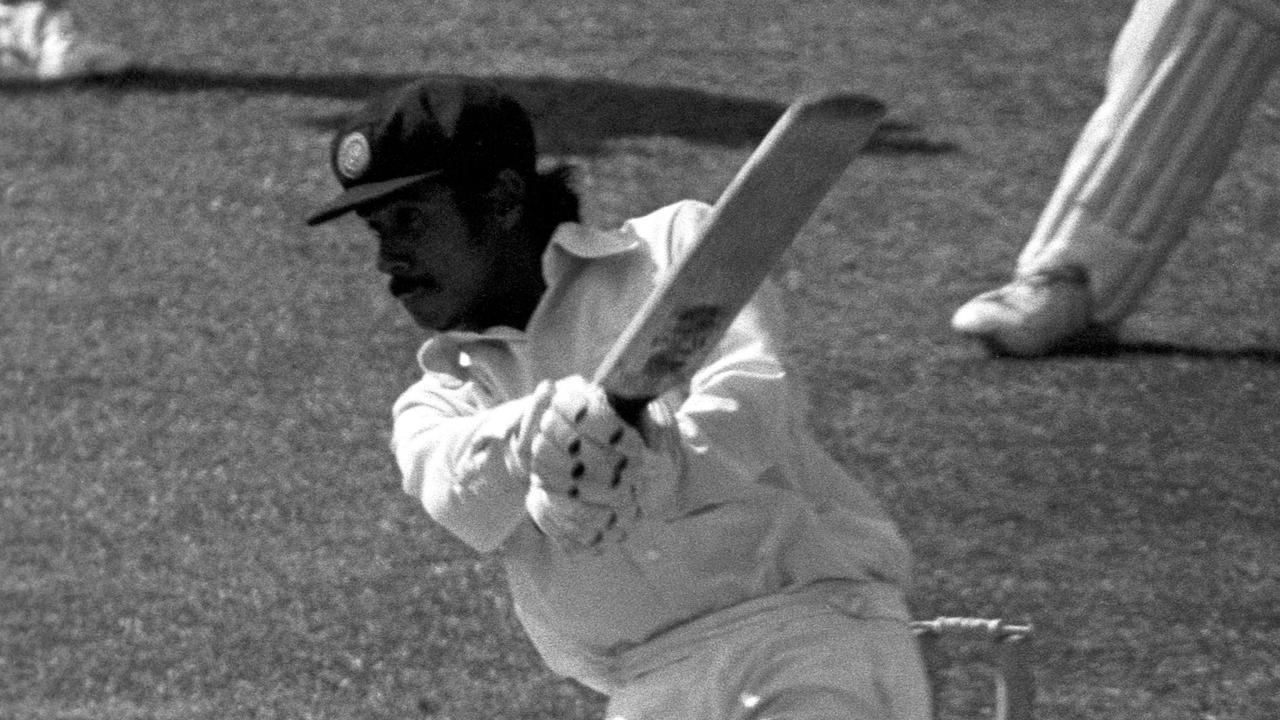Sri Lanka’s Political Circus: Why Vote for Change When You Can Just Keep the Clowns?

In a dazzling display of “how to destroy a country 101,” Sri Lanka is gearing up for its first election post-economic apocalypse, proving once again that history loves a good laugh. After decades of political mismanagement, rampant corruption, and a governing class that seems to treat the economy like a Monopoly game, the people are faced with the momentous choice of who will lead them into the next chapter of chaos.
Meet the new political saviors, the National People’s Power (NPP), a group that claims to represent the “non-elitist rural folks” who are tired of the same old families playing musical chairs with power. While the other candidates hail from the elite schools of Colombo (you know, the ones with more ivory towers than classrooms), Anura Kumara Dissanayaka, the NPP’s hopeful leader, promises to eradicate corruption and bring back the stolen loot allegedly stashed in Swiss bank accounts. But, of course, that’s if they can manage to find a way to sneak into the bank without being noticed.
Sri Lankans are understandably fed up. One disgruntled three-wheel driver, Don Weragoda, expressed the general sentiment: “Corruption is the main reason for the economic collapse.” Well, yes, but how do you explain that to the politicians who keep popping up like those pesky whack-a-mole arcade games? The Rajapaksa clan, that infamous family dynasty, has provided a masterclass in how to navigate the fine line between politics and theatre. From economic mismanagement to a government that turned a blind eye to crisis after crisis, their legacy might as well be a reality TV show titled *Survivor: Political Edition*. Gotabaya Rajapaksa’s swift exit, after mass protests, proves that even the best-laid plans can go awry when the people decide they’ve had enough of the status quo.
Meanwhile, as the NPP rallies draw tens of thousands, often herded in via hired buses, it’s hard not to feel a mix of optimism and dread. Can a party with grassroots origins truly break the cycle of corruption, or will they end up like all the others—swallowed whole by the very system they vowed to dismantle?
As for the elite candidates—Ranil Wickremesinghe, Sajith Premadasa, and Namal Rajapaksa—they seem to be banking on the public’s selective memory. After all, who can forget the years of underwhelming governance? But as the lines for fuel stretch longer than a politician’s promise, it’s clear that “trust” is the new currency, and the old guard isn’t cashing in.
On the streets of Kandy, sentiments run high for the NPP, particularly among ethnic minorities who’ve long been neglected by the elite. “We don’t need the same people in politics this time,” M. Imtiaz, a businessman, asserted, indicating that even the elite’s faint attempts at leadership are falling flat. “Under other leaders, we will only see corrupt elitists.” As election day approaches, Sri Lankans find themselves at a crossroads: do they take a gamble on the NPP’s promise of change, or do they stick with the familiar faces that have brought the country to its knees? Either way, one thing is certain: the next few years will be a spectacular show. Grab your popcorn, folks; the circus is coming to town!







